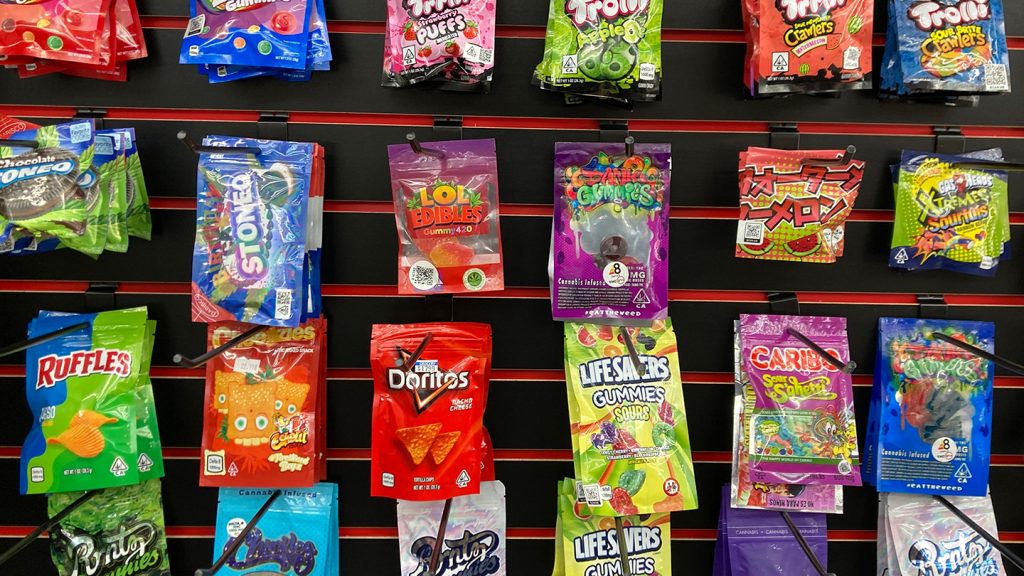A recent study published in JAMA found that more than 11 percent of U.S. high school seniors had used delta-8, a form of THC. The Monitoring the Future study, which is tracking drug trends among adolescents, plans to continue monitoring delta-8 use due to the concerning prevalence among teens in the country.
Delta-8 is a cannabinoid found in cannabis plants and is chemically similar to delta-9-THC, the main compound responsible for the psychoactive effects of marijuana. While delta-8 is less potent than delta-9, it still has psychoactive effects and can bind to cannabinoid receptors in the brain. Delta-8 is typically synthesized from other cannabinoids like CBD and is found in small amounts in cannabis plants.
The legalization of hemp products, including delta-8, created a legal loophole that allows for the production and sale of delta-8 products. This lack of regulation has made delta-8 easily accessible to teens, who are particularly vulnerable to the effects of THC. Delta-8 is often sold in gas stations and online without age verification, and the packaging and marketing of these products target young consumers.
While delta-8 may be perceived as a milder form of THC with fewer anxiety-inducing effects, it still poses risks to users, especially adolescents. Side effects of delta-8 can include vomiting, hallucinations, loss of consciousness, and anxiety. Reports from the FDA have documented adverse effects associated with delta-8 use.
Public health officials are concerned about the potential harms of delta-8, particularly for adolescents. THC, including delta-8, is associated with depression, suicidal thoughts, and other mental health issues. The lack of clear labeling and dosing instructions for delta-8 products can lead to dangerous levels of THC in the body, as well as potential exposure to contaminants from the production process.
Given the increasing use of delta-8 among teens, researchers are planning to conduct further studies to determine the sources and types of delta-8 products being used by adolescents. They hope to address unanswered questions about delta-8 use and its impact on teens in the future. Legalization of delta-9-THC may help reduce the use of delta-8, as a more regulated market for cannabis products could steer consumers away from untested and unregulated alternatives like delta-8.


